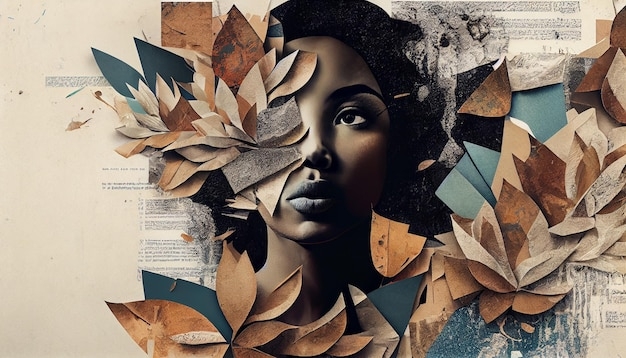Celebrating Diversity: The Right to Participation in Cultural Life

The right to participation in cultural life is a fundamental human right that recognizes the importance of cultural expression, creativity, and access to the arts. It encompasses the freedom to engage in cultural activities, enjoy and contribute to artistic endeavors, and embrace diverse cultural expressions. In this blog post, we will delve into the definition, historical context, challenges, and ways to contribute to the realization of the right to participation in cultural life.

The right to participation in cultural life is enshrined in various international human rights instruments, including the Universal Declaration of Human Rights and the International Covenant on Economic, Social, and Cultural Rights. It affirms individuals' right to freely participate in cultural activities, access cultural resources, and contribute to the development and preservation of cultural expressions.

The right to participation in cultural life has its roots in international human rights law. The Universal Declaration of Human Rights, adopted by the United Nations General Assembly in 1948, recognizes the importance of cultural rights in Article 27. The United Nations Educational, Scientific and Cultural Organization (UNESCO) plays a significant role in promoting and safeguarding cultural rights globally.

The Significance of the Right to Participation in Cultural Life
The right to participation in cultural life holds immense significance in fostering individual and collective identities, preserving cultural heritage, and promoting social cohesion. It allows individuals to express their cultural traditions, values, and beliefs, contributing to the richness and diversity of human culture. Moreover, cultural participation encourages creativity, innovation, and dialogue among different communities, promoting mutual understanding and respect.

Examples from History
Throughout history, cultural movements, festivals, and artistic expressions have played a pivotal role in advocating for social change, challenging oppressive systems, and celebrating cultural diversity. From the Harlem Renaissance in the 1920s, which brought African-American art, literature, and music to the forefront, to the LGBTQ+ Pride parades and events worldwide, cultural participation has been instrumental in raising awareness, promoting inclusion, and fostering dialogue across societies.

Challenges
Despite the recognition of the right to participation in cultural life, challenges persist in its full realization. Economic barriers, lack of access to cultural resources, and censorship can limit individuals' opportunities to engage in cultural activities.

Cultural appropriation and the commodification of cultural expressions can also undermine the authenticity and diversity of cultural heritage. Moreover, marginalization of certain communities and the erosion of traditional cultural practices pose additional challenges to equal and meaningful cultural participation.

Contributing to the Right to Participation in Cultural Life
- Promote Cultural Education: Advocate for comprehensive cultural education in schools and communities to foster awareness, appreciation, and understanding of diverse cultural expressions.
- Support Cultural Institutions: Engage with and support cultural institutions such as museums, galleries, theaters, and community centers that promote inclusivity, diversity, and accessibility in their programming.
- Amplify Underrepresented Voices: Provide platforms and opportunities for marginalized communities to share their cultural expressions, stories, and perspectives, ensuring that their voices are heard and valued.
- Preserve Cultural Heritage: Support initiatives that preserve and protect cultural heritage, including traditional practices, languages, and artistic traditions, to ensure their continuity and promote intergenerational dialogue.
- Foster Intercultural Dialogue: Engage in open and respectful dialogue with people from different cultural backgrounds, embracing diversity, challenging stereotypes, and promoting mutual understanding.

The right to participation in cultural life celebrates the richness of human culture and emphasizes the importance of cultural expressions, creativity, and diversity. By promoting and safeguarding this right, we can foster inclusive societies, empower marginalized communities, and create spaces for dialogue and mutual understanding. Together, let us celebrate diversity and promote the flourishing of cultural expressions for the benefit of present and future generations.
Sources:
- Universal Declaration of Human Rights. (1948). United Nations. Retrieved from https://www.un.org/en/universal-declaration-human-rights/
- International Covenant on Economic, Social and Cultural Rights. (1966). United Nations. Retrieved from https://www.ohchr.org/en/professionalinterest/pages/cescr.aspx
- United Nations Educational, Scientific and Cultural Organization (UNESCO). (n.d.). Retrieved from https://en.unesco.org/









